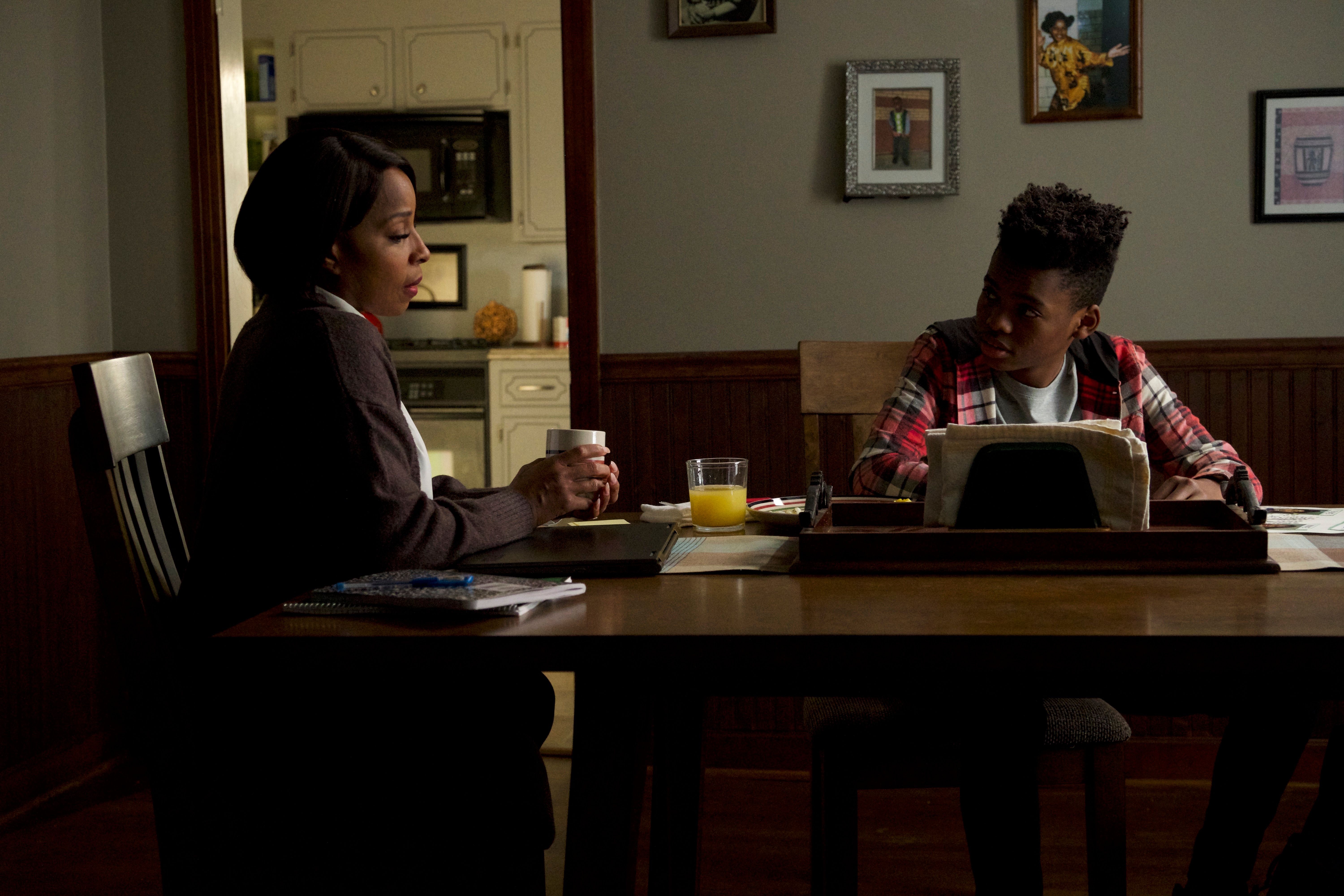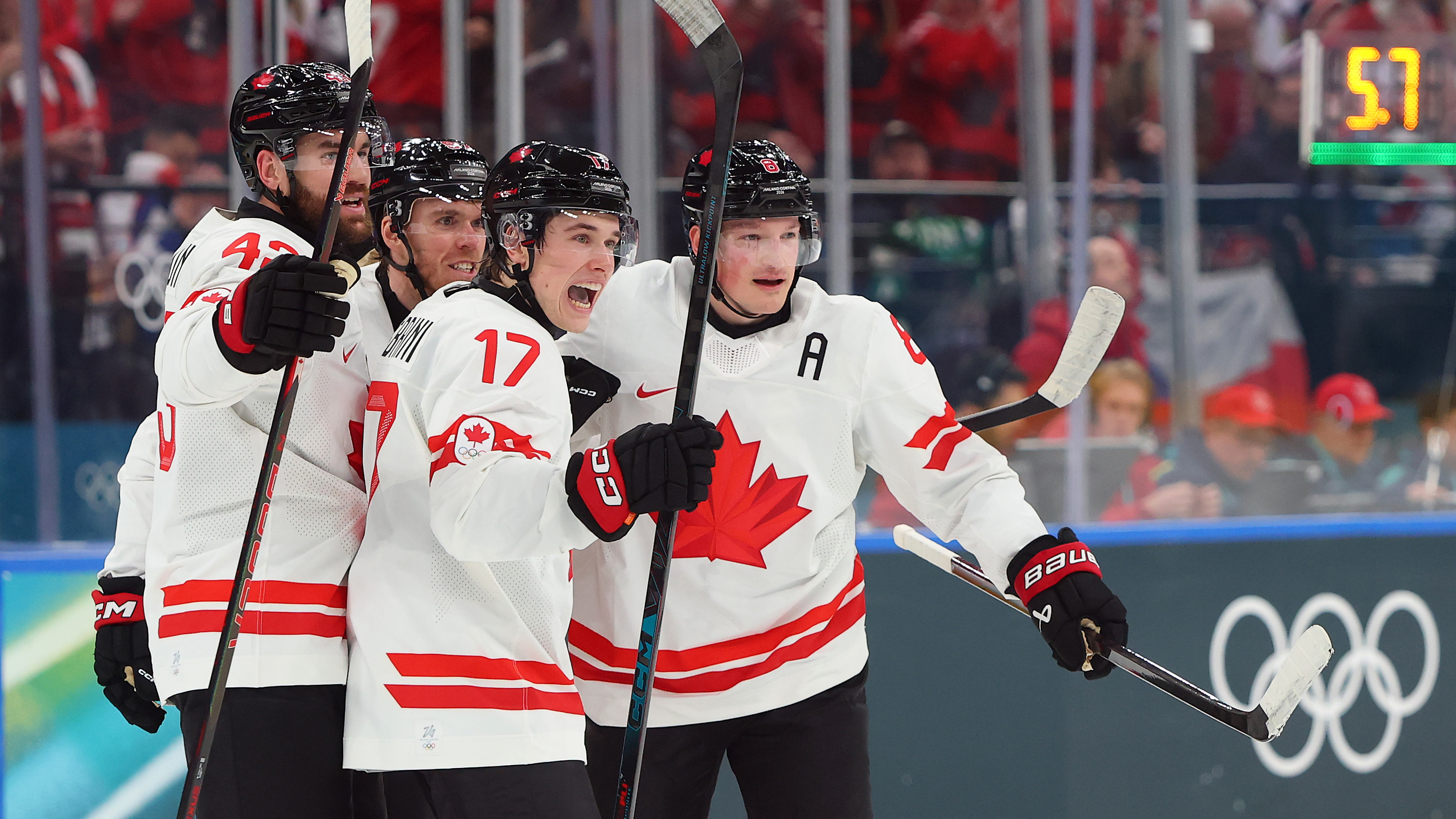What to Watch Verdict
'The Violent Heart' is more theoretically interesting than romantic or thrilling.
Pros
- +
❤️The cast is turning in solid work across the board.
- +
❤️There's a theoretically interesting story to explore here.
Cons
- -
❤️The first hour of the film does almost nothing to build up to the intrigue of the third act.
- -
❤️The pacing completely undermines the impact of its twists.
If a stranger came up to me on the street and told me that writer-director Karem Sanga had originally conceived The Violent Heart as a miniseries, I wouldn’t call them a liar. It’s not that the film’s plotting feels rushed. Far from it, in fact, the film is more than content to let its ultimate purpose remain shrouded in obscurity until barreling into the third act. No, the issue lies in how Samba prioritizes a multitude of disparate character vignettes over weaving their connective tissue into a satisfying whole, only for the plot to come crashing in at the end in a rain of bizarre tonal dissonance.
At its core, The Violent Heart is a romance between 24-year-old car mechanic Daniel (Jovan Adepo) and 18-year-old high schooler Cassie (Grace Van Patten). The pair meet when Cassie takes in her car for an oil change and bond when Daniel gives her a ride back to school to pick up his younger brother Aaron (Jahi Di’Allo Winston). However, their romance is really just a connective thread that gives the film an excuse to explore each of their personal lives. Daniel lives with the trauma of having watched his older sister (Rayven Symone Ferrell) be murdered fifteen years earlier and is in the process of signing up for the Marines, hoping to get in despite a felony conviction on his record. Cassie, meanwhile, suspects that her father and English teacher (Lukas Haas) is having an affair with one of the other teachers at the school, a loss of faith in a respected parental figure that prompts her to start skipping school.
This doesn’t even start to get into Aaron’s adolescent feelings of being an outsider in his own family or his mom’s (Mary J. Blige) cryptic backstory, and that right there is the main problem. The film has no shortage of fully realized characters at its disposal, and it wants to explore the intricacies of their lives in detail, particularly in how they relate to one another. Daniel and Cassie fare the best as the love story that claims to drive the plot, and if you’re able to set aside how easily Daniel finds himself dating a high schooler, their chemistry is fairly cute and convincing. But it feels like there’s not enough time to explore the lives of the secondary cast while there’s simultaneously too much time spent without any sense of what the driving thrust of the plot is supposed to be.
Then, after aimlessly drifting between subplots for about an hour, the second act twist happens. Not to rewrite someone else’s movie, but it feels like the sort of twist that should happen in the first act, motivating the characters and engaging the audience in the intrigue that drives the narrative forward. Presented so late in the runtime, the meandering energy of the film suddenly gets ratcheted from zero to ten in almost no time at all, whipping melodramatic twists out of nowhere that feel at distinct odds with the grounded nature of the film that preceded it. It pulls all the weight from the film’s most dramatic punches, telling a story that is conceptually entertaining but so horrendously paced as to come off as absurd.
This is why I wouldn’t be surprised if this was pared down from the concept for an HBO or Netflix miniseries. The character-centric narrative structure would fit right at home on TV, with the necessary screentime and episodic structure to explore these characters in depth and seed the necessary threads to satisfactorily tie their stories together. It certainly would serve the actors better, all of whom are delivering good work despite needing to shift from naturalism to high drama in the third act. It’s even edited as if the various storylines are relying on their interconnectivity rather than their service to a central plot. I don’t even dislike how its multiplying climactic turns produce a contrived outcome, only that the film does such a poor job of masking that contrivance by misplacing its storytelling economy. That just leaves The Violent Heart feeling more theoretically interesting than romantic or thrilling.
The Violent Heart releases on VOD on February 19, 2021.
- The best Amazon Prime movies
- Amazon is right: You don't own your digital media
- The best shows on Amazon Prime
- New movies on Amazon Prime
The latest updates, reviews and unmissable series to watch and more!
Leigh Monson has been a professional film critic and writer for six years, with bylines at Birth.Movies.Death., SlashFilm and Polygon. Attorney by day, cinephile by night and delicious snack by mid-afternoon, Leigh loves queer cinema and deconstructing genre tropes. If you like insights into recent films and love stupid puns, you can follow them on Twitter.


